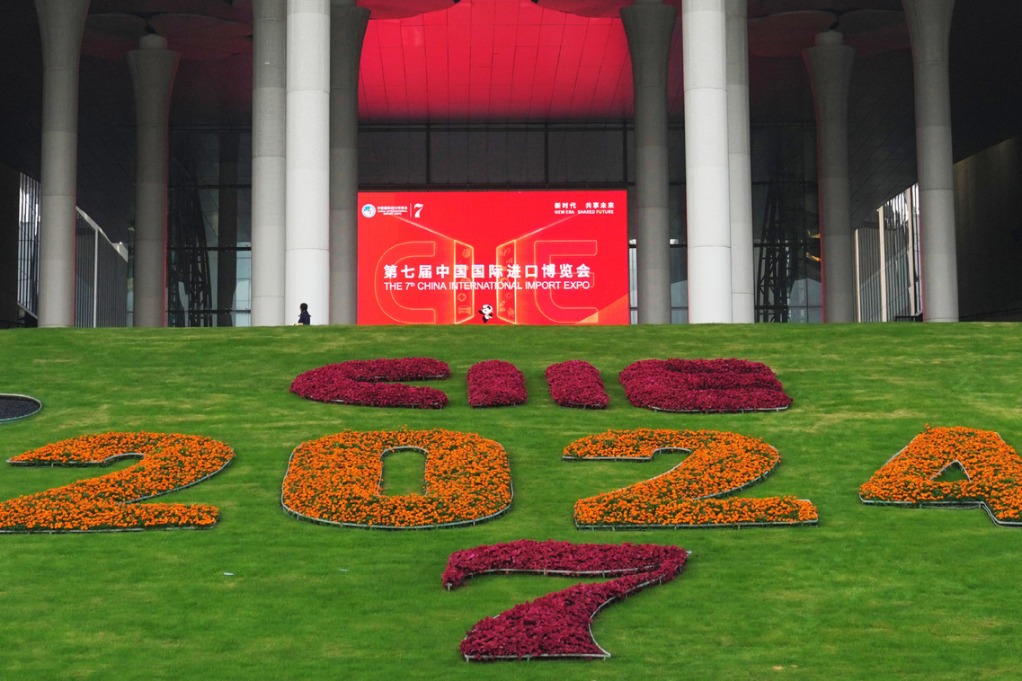Delegation teaching Europeans about Tibet

 |
| Luosongjiangcun, an executive with the Buddhist Association of the Tibet Autonomous Region of China, wrote "best wishes" in Tibetan for a participant in a seminar on Tibetan culture and history at the City Hall in Huy, Belgium, on Thursday. Fu Jing/China Daily |
Belgian academics and officials listened with great interest to a presentation on Tibet's cultural and historical development by a Chinese delegation visiting Huy, a picturesque town about 80 kilometers from Brussels.
The presentation, which included facts, figures and photos, was sponsored by the Association for International Cultural Exchanges of the Tibet Autonomous Region of China. The group also has made presentations in other parts of Europe, including Barcelona, Madrid and Vienna.
The questions and comments indicated that Belgians are curious about educational progress, the rights of Tibetan girls and how the autonomous system operates in the region.
"They have spoken volumes about the rapid development of Tibet, which I am dreaming to visit," said Claude Honore, a tourism official in Liege, Belgium. "Obviously the presentation is factual, and the development comes with vision, a long-term vision, for the Tibetan region."
Many in the audience of about 40 were academics in cultural and Chinese studies.
Hao Shiyuan, president of the Chinese Anthropological Society, spoke on the Chinese government's stance on the Tibet question, the situation before Tibet's democratic reform started in 1959, and the region's rapid development since then.
Before 1959, there was virtually no formal educational system in Tibet, and only monks and the children of the ruling class had access to education at temples, Hao said. Tibet, with a population of more than 3.3 million, has now opened six institutes of higher education and kindergartens and compulsory and vocational schools in villages and cities.
"Tibetans are entitled to 15 years of free education," said Gamadanba, deputy secretary-general of the cultural exchange association. Many Tibetans use only one name.
When asked, Gamadanba confirmed that girls and boys have equal educational rights. He said that before 1959, the illiteracy rate in Tibet was as high as 95 percent and now it has dropped to 1.2 percent.
Hao said Tibet still has a double-digit growth rate despite the lagging global economy and the slower pace of growth in China as a whole. Last year, the economic growth rate in the autonomous region was 11.5 percent.
"The long-lasting growth of the economy and the rapid increase in Tibetans' incomes are mainly the result of consistent financial transfers from the central government," Hao said. "The provinces and municipalities in the developed and rich part of China have also offered tremendous help by pairing with cities, towns and even villages in Tibet."
Honore said that when Belgians think of international travel, many more are considering China rather than the United States.
Hao strongly suggested that Honore visit Tibet, but "only if he can cope with the lower level of oxygen" due to high altitudes.
































